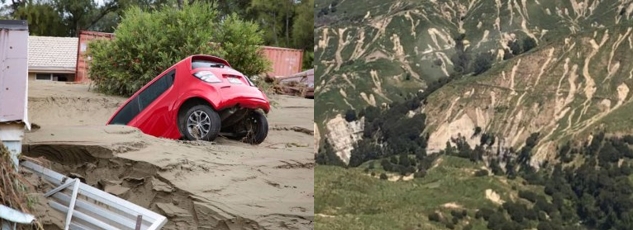
Slip Lands Ngahere Reserves and covenants/kawenata
Rewild all Aotearoa primary production slip lands to enhance freshwater, marine and indigenous forest ecosystems, reduce greenhouse gas emissions, create a carbon sink for past ngahere clearance emissions, and immediately reduce water pollution, flooding, siltation, soil erosion, and timber debris harm to our ecosystems, communities, businesses and infrastructure.
These former indigenous forests/tussocklands will flourish again with publicly funded rewilding and legal protection.
Rewilding the slip lands under primary production now will result in immediate increased ecological value, reduced freshwater and marine ecosystem pollution, enhanced indigenous forests/tussocklands, reduced flooding, reduced siltation, reduced insurance costs, reduced greenhouse gas emissions, and a new massive carbon sink for past ngahere clearance emissions.
Slip Lands amount comprise up to 5 million hectares, an area that is 19% of Aotearoa.
A new class of Reserve is needed to recognize the special importance of any publicly funded rewilding and purchase – Ngahere Reserve status under the Reserves Act. Any private or iwi Slip Lands should also be protected with covenants or kawenata, where public ownership is not appropriate. An Aotearoa Rewild Landuse Change Fund should be established to fund rewilding and securing Ngahere Reserves/covenants/kawenata from willing public/private/iwi owners, to transition the land to reach its full ngahere potential, and to legally protect the public investment for future generations.
If you wish to share your support for this Rewild Opportunity then contact us on our homepage or comment on our Facebook site.